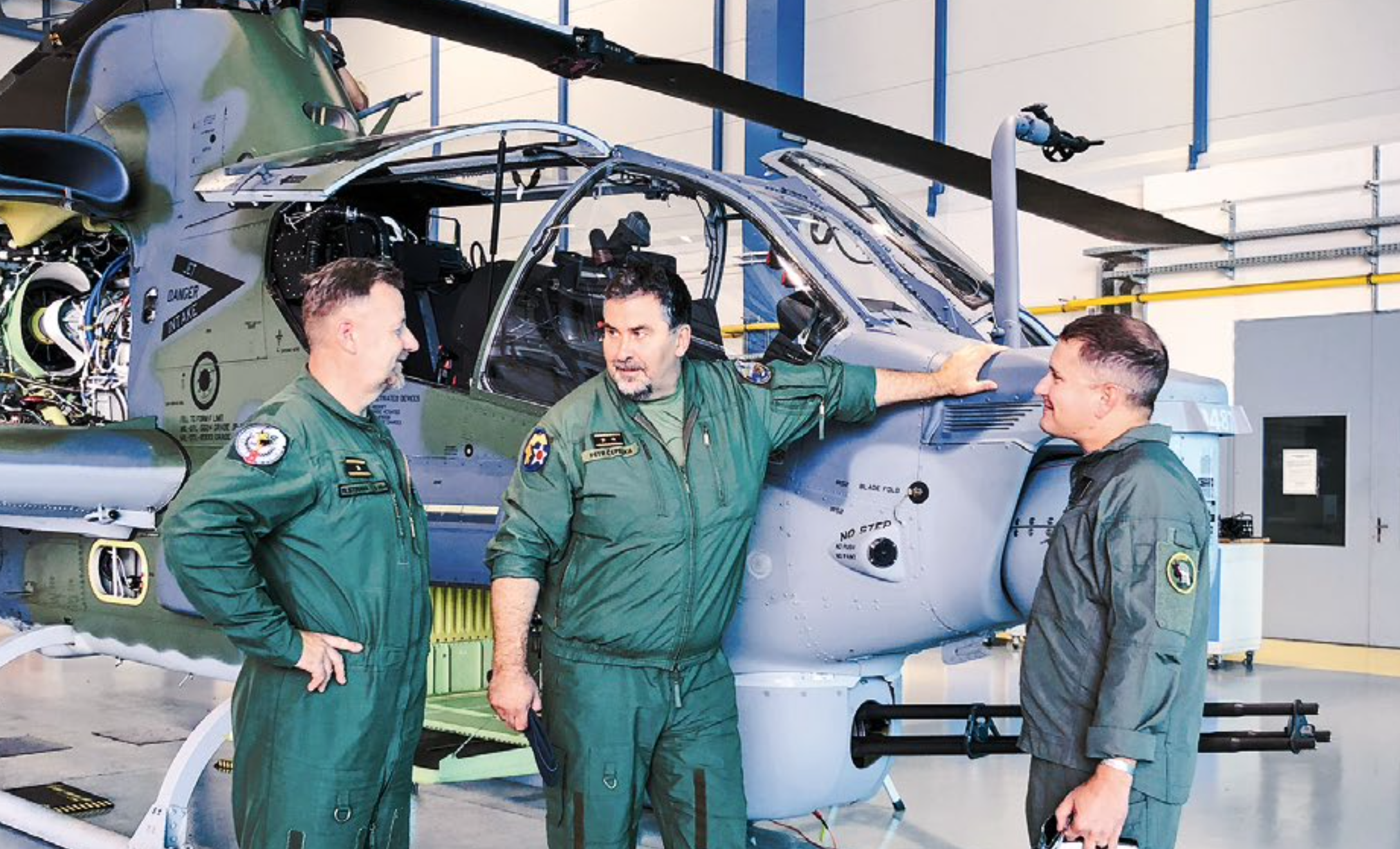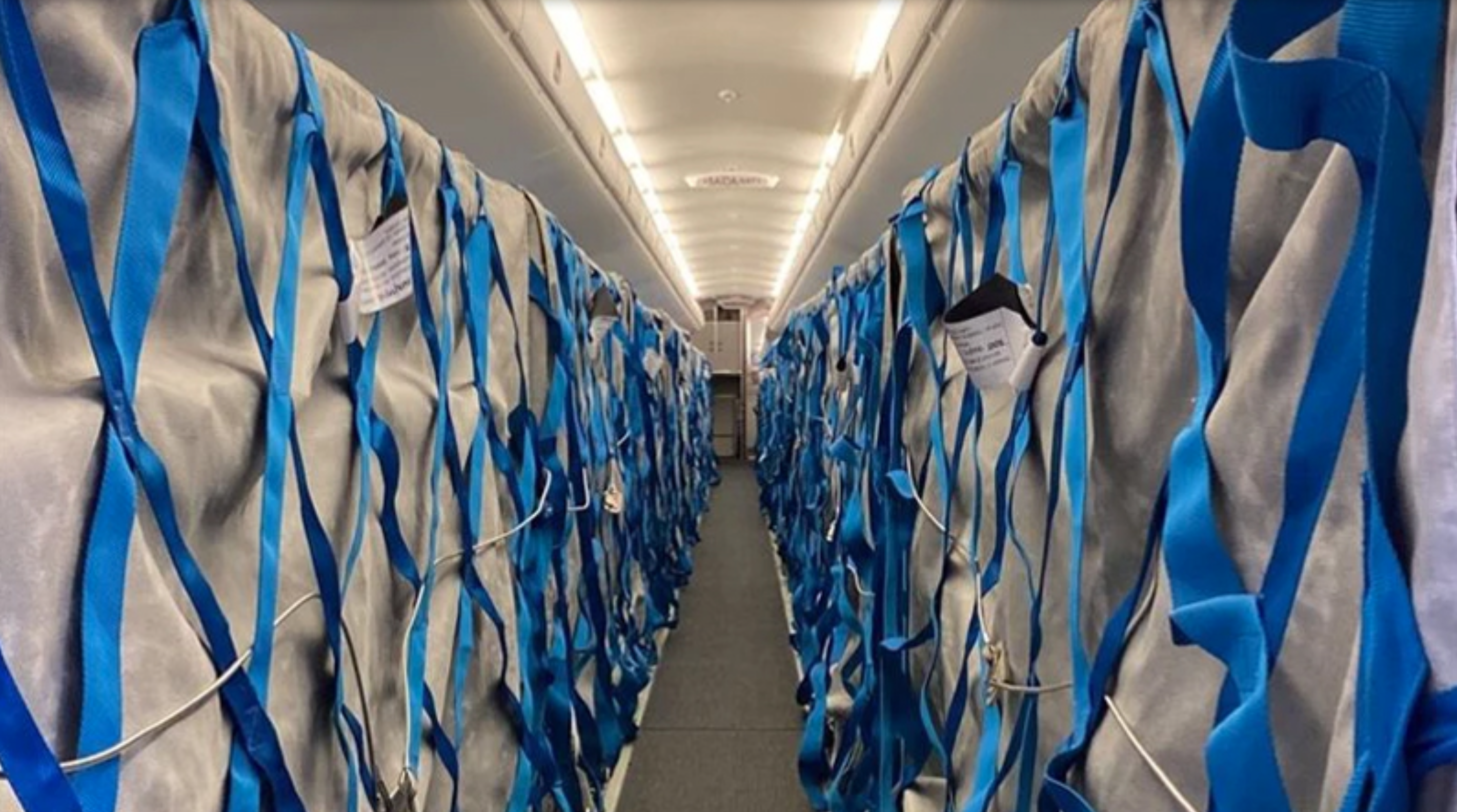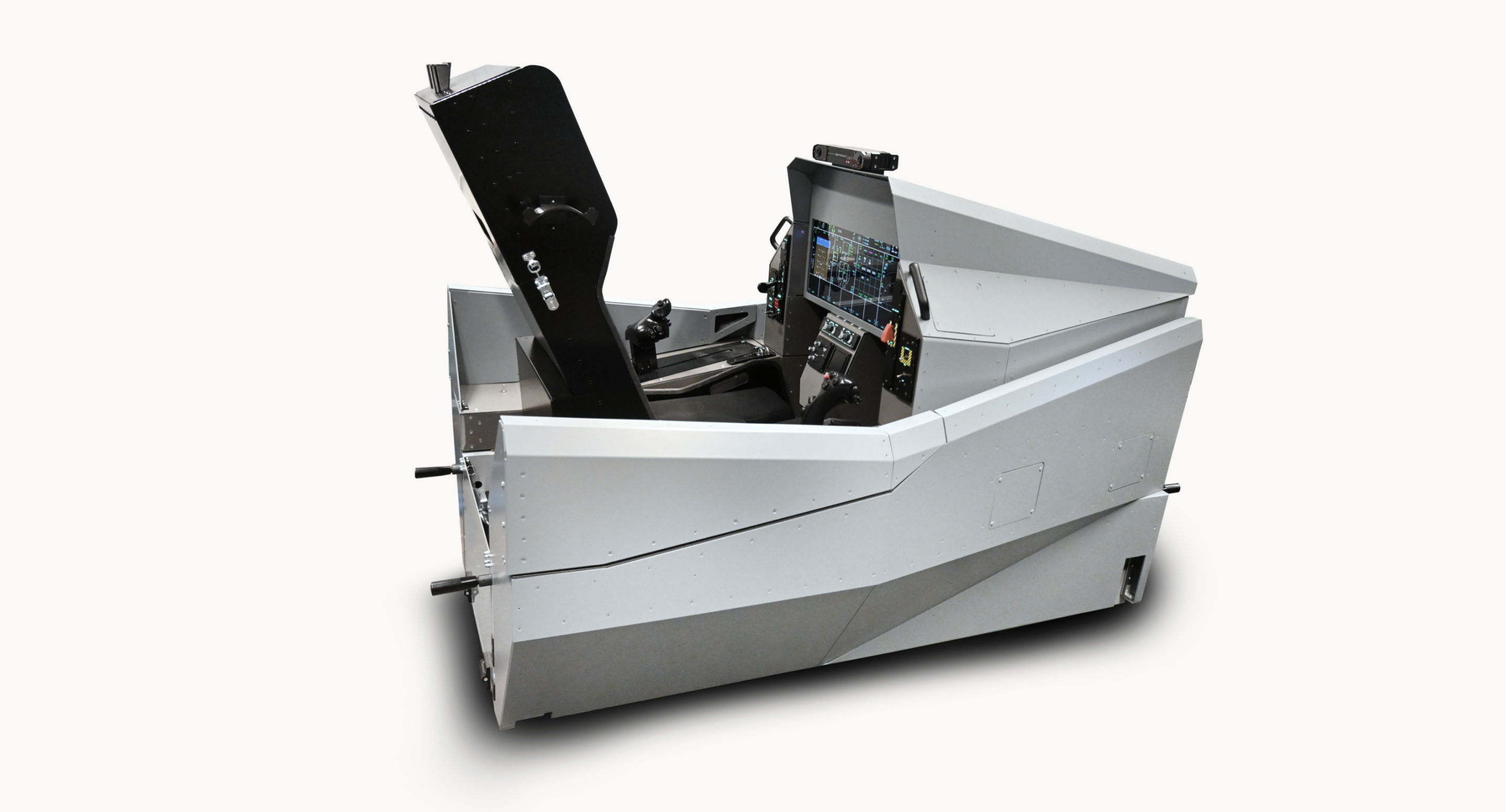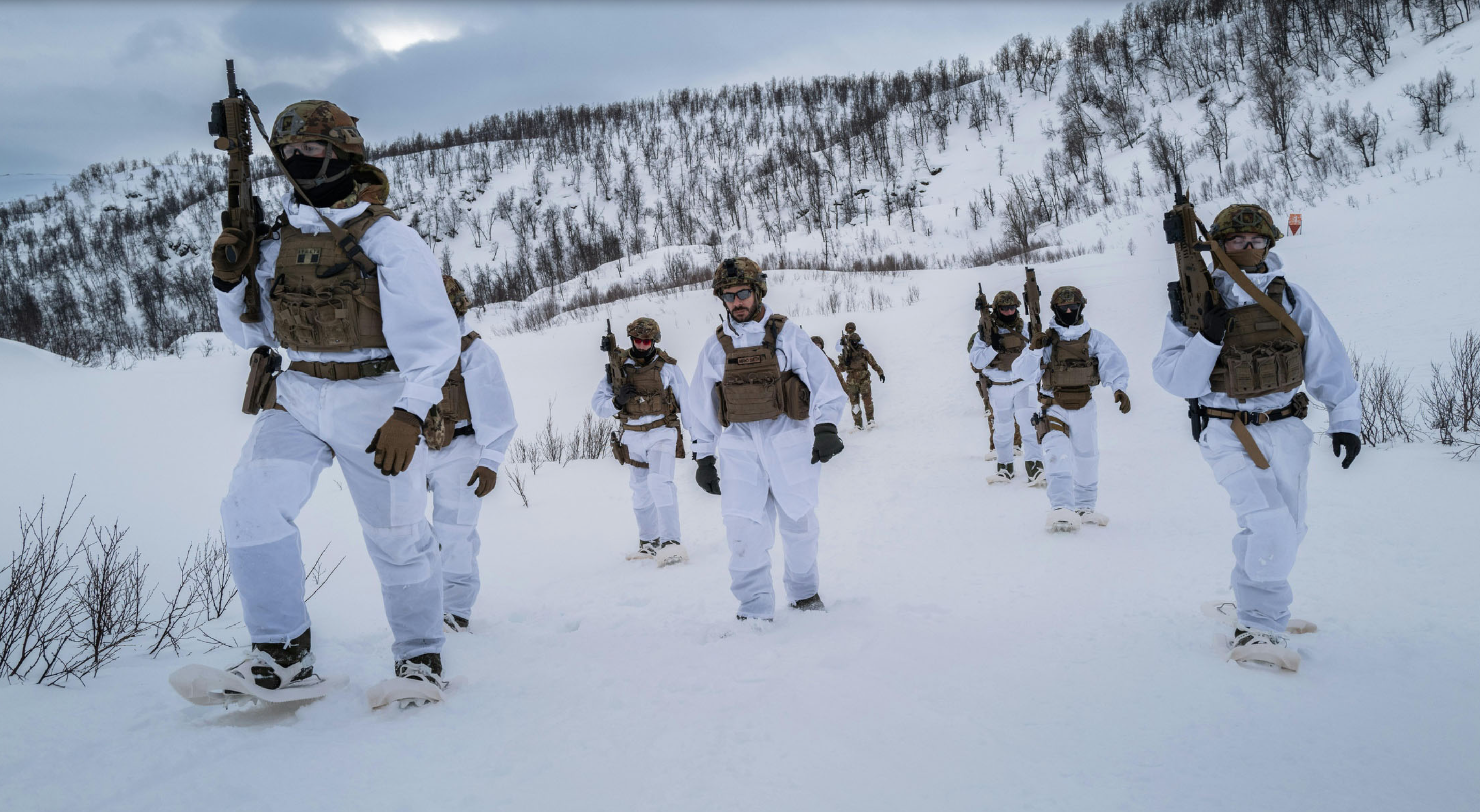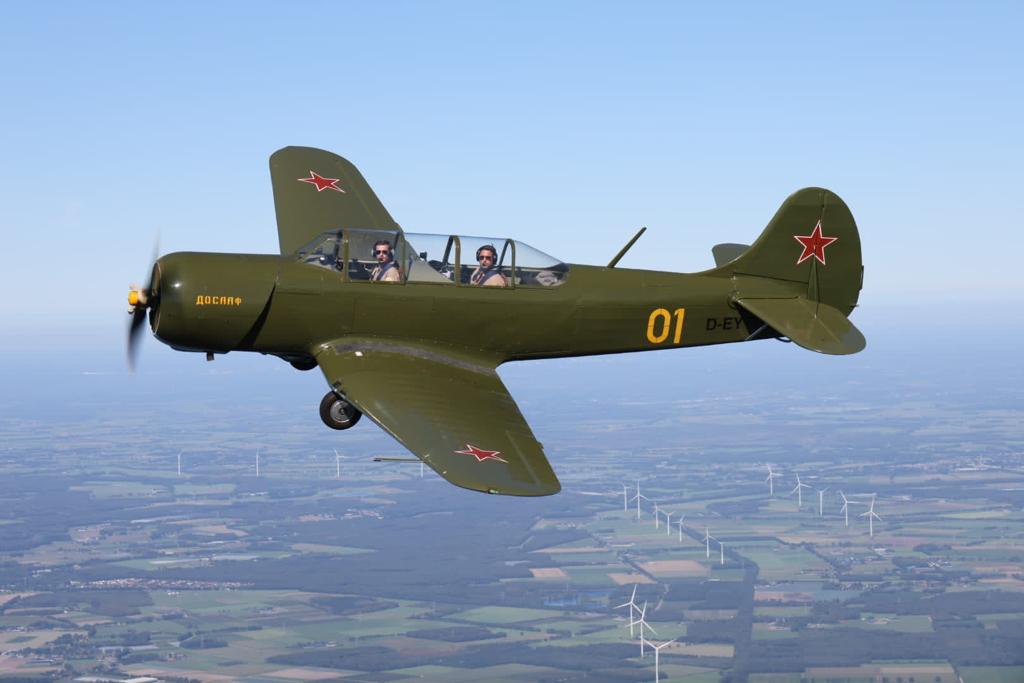The International Air Transport Association (IATA) released its financial outlook for the global air transport industry showing that airlines are expected to lose $84.3 billion in 2020 for a net profit margin of -20.1%. Revenues will fall 50% to $419 billion from $838 billion in 2019. In 2021, losses are expected to be cut to $15.8 billion as revenues rise to $598 billion.
“Financially, 2020 will go down as the worst year in the history of aviation. On average, every day of this year will add $230 million to industry losses. In total that’s a loss of $84.3 billion. It means that—based on an estimate of 2.2 billion passengers this year—airlines will lose $37.54 per passenger. That’s why government financial relief was and remains crucial as airlines burn through cash,” said Alexandre de Juniac, IATA’s Director General and CEO.
“Provided there is not a second and more damaging wave of COVID-19, the worst of the collapse in traffic is likely behind us. A key to the recovery is a universal implementation of the re-start measures agreed through the International Civil Aviation Organization (ICAO) to keep passengers and crew safe. And, with the help of effective contact tracing, these measures should give governments the confidence to open borders without quarantine measures. That’s an important part of the economic recovery because about 10% of the world’s GDP is from tourism and much of that depends on air travel. Getting people safely flying again will be a powerful economic boost,” said de Juniac.
2020 Main Forecast Drivers:
Passenger demand evaporated as international borders closed and countries locked down to prevent the spread of the virus. This is the biggest driver of industry losses. At the low point in April, global air travel was roughly 95% below 2019 levels. There are indications that traffic is slowly improving. Nonetheless, traffic levels (in Revenue Passenger Kilometer) for 2020 are expected to fall by 54.7% compared to 2019. Passenger numbers will roughly halve to 2.25 billion, approximately equal to 2006 levels. Capacity, however, cannot be adjusted quickly enough with a 40.4% decline expected for the year.
Passenger revenues are expected to fall to $241 billion (down from $612 billion in 2019). This is greater than the fall in demand, reflecting an expected 18% fall in passenger yields as airlines try to encourage people to fly again through price stimulation. Load factors are expected to average 62.7% for 2020, some 20 percentage points below the record high of 82.5% achieved in 2019.
Costs are not falling as fast as demand. Total expenses of $517 billion are 34.9% below 2019 levels but revenues will see a 50% drop. Non-fuel unit costs will rise sharply by 14.1%, as fixed costs are spread over fewer passengers. Lower utilization of aircraft and seats as a result of restrictions will also add to rising costs.
Fuel prices offer some relief. In 2019 jet fuel averaged $77/barrel whereas the forecast average for 2020 is $36.8. Fuel is expected to account for 15% of overall costs (compared to 23.7% in 2019).
Cargo is the one bright spot. Compared to 2019, overall freight tonnes carried are expected to drop by 10.3 million tonnes to 51 million tonnes. However, a severe shortage in cargo capacity due to the unavailability of belly cargo on (grounded) passenger aircraft is expected to push rates up by some 30% for the year. Cargo revenues will reach a near-record $110.8 billion in 2020 (up from $102.4 billion in 2019). As a portion of industry revenues, cargo will contribute approximately 26%–up from 12% in 2019.
2020 Regional Performance
All regions will post losses in 2020. The crisis has taken on a similar dimension in all parts of the world with capacity cuts lagging about 10-15 percentage points or more behind the over-50% fall in demand.
| REGION |
PASSENGER DEMAND (RPKS)
|
PASSENGER CAPACITY (ASKS)
|
NET PROFIT
|
REMARKS
|
|---|---|---|---|---|
|
Global
|
-54.7%
|
-40.4%
|
-$84.3b
|
|
|
North America
|
-52.6%
|
-35.2%
|
-$23.1b
|
North America’s large domestic markets and financial support to US carriers under the CARES Act are expected to play a key role in the recovery.
|
|
Europe
|
-56.4%
|
-42.9%
|
-$21.5b
|
The progressive opening of intra-European travel has the potential to boost the recovery, provided onerous quarantine measures are avoided. Strings attached to government relief packages, particularly for environmental purposes, will need to be carefully managed to avoid unintended consequences such as damaged competitiveness.
|
|
Asia Pacific
|
-53.8%
|
-39.2%
|
-$29.0b
|
Asia-Pacific was the first region to feel the brunt of the COVID-19 crisis. It is expected to post the largest absolute losses in 2020.
|
|
Middle East
|
-56.1%
|
-46.1%
|
-$4.8b
|
Lower oil prices will add extra pressure to a difficult economic situation within the region. The recovery for the region’s super connectors could be delayed with the expected phasing of the re-start with domestic and regional followed by long-haul international routes.
|
|
Latin America
|
-57.4%
|
-43.3%
|
-$4.0b
|
Latin America entered the crisis with a delay. The region’s governments have implemented some of the most draconian measures in terms of border closures which could both delay and slow down the recovery.
|
|
Africa
|
-58.5%
|
-50.4%
|
-$2.0b
|
The course of the virus in this region is yet to be fully seen. Nonetheless, border closures have all but stopped flights. International donors will be needed to supplement the limited means for the region’s governments to provide relief packages.
|
Reduced Losses in 2021
With open borders and rising demand in 2021, the industry is expected to cut its losses to $15.8 billion for a net profit margin of -2.6%. Airlines will be in recovery mode but still well below pre-crisis levels (2019) on many performance measures:
- Total passenger numbers are expected to rebound to 3.38 billion (roughly 2014 levels when there were 3.33 billion travelers), which is well below the 4.54 billion travelers in 2019.
- Overall revenues are expected to be $598 billion which would be a 42% improvement in 2020, but still 29% below 2019’s $838 billion.
- Unit costs are expected to fall as fixed costs are spread across more passengers than in 2020. But the continued virus control measures will limit the gains by reducing aircraft utilization rates.
- Cargo’s enlarged footprint in the air transport industry will remain. Cargo revenues will reach a record $138 billion (a 25% increase on 2020). That is about 23% of total industry revenues, roughly double its historical share. Air cargo demand is expected to be strong as businesses restock at the start of the economic upturn, while a slow return of the passenger fleet will limit the growth of cargo capacity, and keep cargo yields steady at 2020 levels.
- Jet fuel prices are expected to rise to an average of $51.8 per barrel for the year, as global economic activity and oil demand rises. While that will add some cost pressure on airlines, the price per barrel is similar to 2016 ($52.1) and will still be the lowest since 2004 ($49.7).
“Airlines will still be financially fragile in 2021. Passenger revenues will be more than one-third smaller than in 2019. And airlines are expected to lose about $5 for every passenger carried. The cut in losses will come from re-opened borders leading to increased volumes of travelers. Strong cargo operations and comparatively low fuel prices will also give the industry a boost. Competition among airlines will no doubt be even more intense. That will translate into strong incentives for travelers to take to the skies again. The challenge for 2022 will be turning reduced losses of 2021 into the profits that airlines will need to pay off their debts from this terrible crisis,” said de Juniac.
A Challenging Recovery
Although losses will be significantly reduced in 2021 from 2020 levels, the industry’s recovery is expected to be long and challenging. Some factors include:
- Debt Levels: Airlines entered 2020 in relatively good financial shape. After a decade of profits, debt levels were relatively low ($430 billion, roughly half annual revenues). Vital financial relief measures by governments have kept airlines from going bankrupt but have ballooned debt by $120 billion to $550 billion which is about 92% of expected revenues in 2021. Further relief measures should be focused on helping airlines to generate more working capital and stimulating demand rather than further expanding debt.
- Operational efficiencies: The global measures agreed for the industry re-start, for the period that they are implemented, will significantly change operational parameters. For example, physical distancing during embarkation/disembarking, more deep cleaning, and increased cabin check will all add time to operations which will decrease overall aircraft utilization.
- Recession: The depth and duration of the recession to come will significantly impact business and consumer confidence. Pent-up demand is likely to drive an initial uptick in travel numbers but sustaining that is likely to require price stimulus and that will put pressure on profits.
- Confidence: Travel patterns are likely to shift. The gradual opening up of air travel is likely to be progressive, starting with domestic markets, followed by regional and, lastly, international. Research suggests that some 60% of travelers will be eager to recommence travel within a few months of the pandemic coming under control. The same research also indicates that an even greater percentage of potential travelers until their personal financial situation stabilizes (69%) or if quarantine measures are in place (over 80%).
“People will want to fly again, provided they have confidence in their personal financial situation and the measures taken to keep travelers safe. There is no tried and true playbook for a recovery from COVID-19 but the ICAO Takeoff re-start plan outlines globally harmonized measures agreed by health and industry experts. It is important that the industry and governments follow it so that travelers will have the maximum reassurance about their safety. That will be a good start. And depending on how the pandemic evolves, knowledge of the virus deepens, or science improves, industry and governments will be better prepared for a globally coordinated response. That includes the potential removal of measures when it is safe. That will give airlines some breathing room to rebuild demand and repair damaged balance sheets,” said de Juniac.




